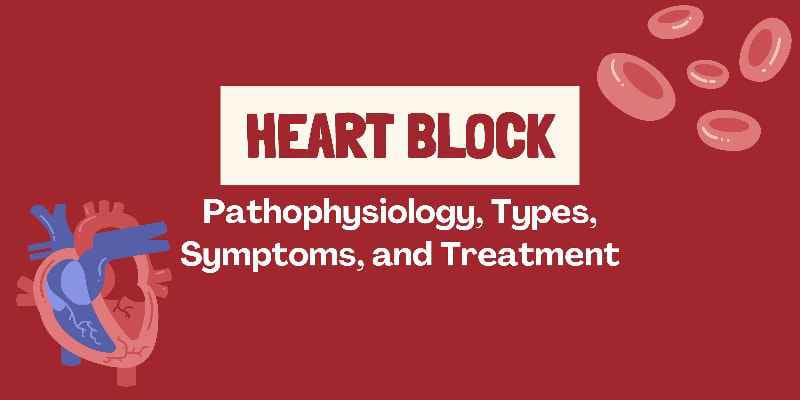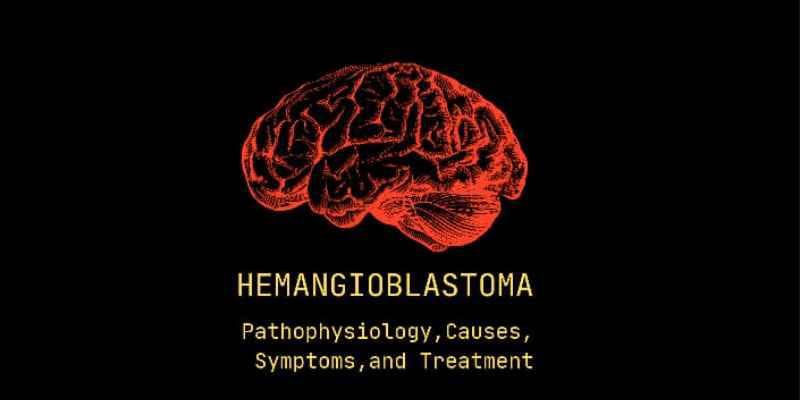Advertisement
Is your child, or are you finding specific allergic reactions without knowing why? Though generally associated with children, egg allergy can affect people of all ages. This prevalent food allergy has a variety of symptoms and challenges those who experience this condition.

Egg allergies are among the most prevalent food allergies among adults and children. Symptoms may vary in severity when the immune system reacts more strongly than it should to proteins found in eggs.
Egg allergy signs usually manifest within a few minutes or up to a few hours after consuming eggs or egg-containing products. The reactions are:
The exact cause of egg allergies isn't fully understood, but certain factors may increase your risk:
You may be allergic to egg white, the yolk, or both. Others will have an adverse reaction to various species of poultry eggs. The nuances involved here are significant in enabling you to manage your allergy and make personal choices to avoid potential provocateurs.
Thus, it may be challenging to recognize egg allergy in children since symptoms can be mild to severe and may be delayed for hours after consumption. Parents and caregivers should know warning signs indicating an allergic reaction to eggs.
Look for the following common symptoms of egg allergies in children:
It's important to realize that symptoms may emerge immediately after the egg is eaten and may last several hours. Some kids will have a mild reaction, while others could have a life-threatening reaction.
Don't discount these less apparent symptoms of an egg allergy:
If you see any of these signs and symptoms in your child after eating eggs or foods containing eggs, seek consultation with a pediatrician or allergist for further evaluation and diagnosis. Early identification and treatment of the allergy to eggs can significantly enhance the quality of a child's life and protect them from potentially fatal consequences.

While egg allergies are often associated with children, they're also increasingly becoming a concern for adults. Recent studies suggest that up to 2% of adults may have some form of egg allergy, with symptoms ranging from mild to severe.
Surprisingly, egg allergy can develop later in life. The process, called adult-onset food allergy, is a condition wherein the immune system becomes sensitized to egg proteins. This late-onset sensitivity may be linked to changes in gut bacteria, hormonal changes, or environmental factors that trigger the response.
Symptoms which an adult with an egg allergy will show include the following:
Living with an egg allergy as an adult poses extraordinary challenges. Most foods and products contain eggs or egg-related by-products, and affected individuals must be adept at reading labels and sharing their dietary needs with others. From baked foods to vaccines, the presence of eggs in everyday modern life includes being vigilant and adapting to circumstances.
Living with an egg allergy doesn't have to mean compromising on nutrition or flavor. Creativity and knowledge can help you adapt your diet to exclude eggs while enjoying delicious, nourishing meals.
Eggs perform numerous functions in baking, such as binding, leavening, and adding moisture. Fortunately, several alternatives can mimic these:
Eggs are a good source of protein, but it is relatively simple to get enough protein from other sources:
Living with an egg allergy doesn't have to mean sacrificing nutrition or flavor. A little planning and some creative substitutions can keep your diet well-rounded and help you meet all of your nutritional needs. Here are some strategies to help you stay healthy and thrive on an egg-free diet.
Instead, center your diet around replacing the protein and nutrients of eggs with other foods high in protein. Lean meats, fish, legumes, and dairy (for those who can tolerate it) provide one with essential amino acids. Vegans and those with multiple allergies can supplement their protein intake using quinoa, chia seeds, or plant-based protein powders.
Experiment with different egg replacers in your recipes. Mashed bananas, applesauce, or commercial egg replacers often work well in baked goods. Ground flaxseed mixed with water can act as a solid binding agent for savory items. These alternatives replace eggs and add exciting new flavors and textures to your food.
Eggs can be well hidden. Carefully read ingredient lists of packaged foods, knowing terms such as "albumin" or "lecithin" may mean egg protein. Ask questions about food ingredients and preparation to avoid unwanted exposure when eating out.
Therefore, knowing about an egg allergy is necessary for children and adults. You can manage an egg allergy by knowing the symptoms, seeking a proper diagnosis, and finding alternatives to eggs to live a healthy and balanced life.
Advertisement

By Gabrielle Bennett /Mar 16, 2025

By Elena Davis/Mar 16, 2025

By Jennifer Redmond/Mar 01, 2025

By Juliana Daniel/Mar 01, 2025

By Sid Leonard/Mar 17, 2025

By Celia Kreitner/Mar 01, 2025

By Madison Evans/Mar 18, 2025

By Elva Flynn/Mar 17, 2025

By Elva Flynn/Dec 28, 2024

By Nancy Miller/Nov 13, 2024

By Georgia Vincent/Nov 21, 2024

By Korin Kashtan/Nov 13, 2024